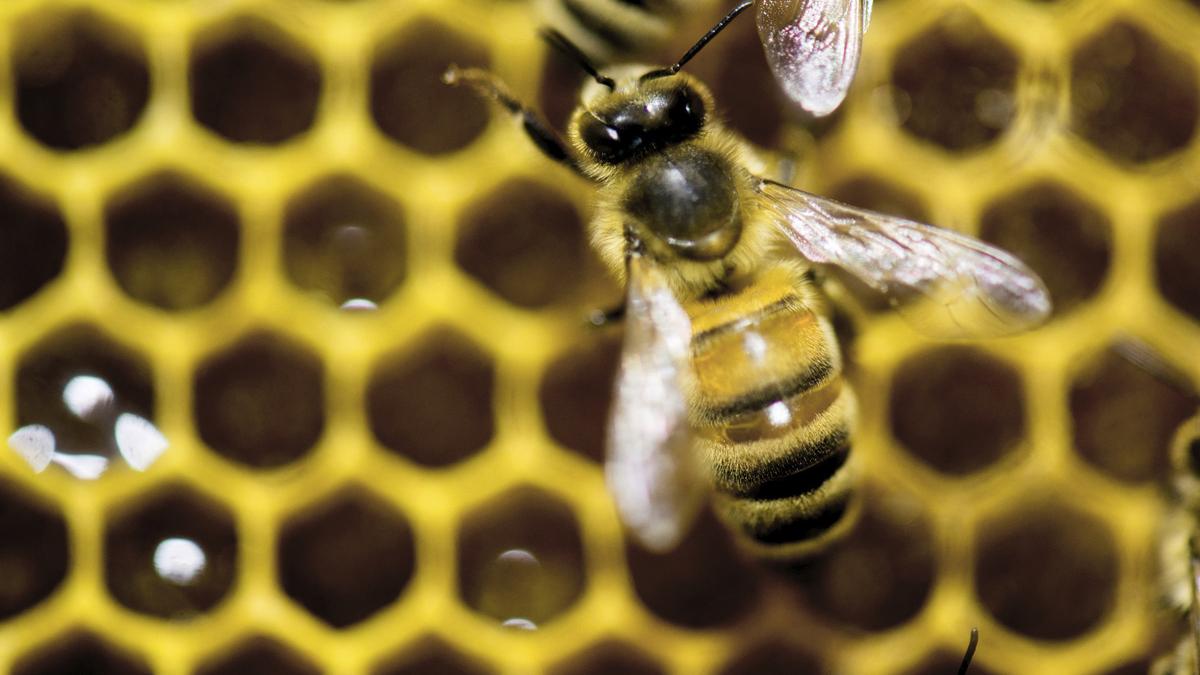
Inside a wasp’s nest: Understanding insect societies with Bengaluru-based Raghavendra Gadagkar
The Hindu
Miniscule creatures such as ants can provide humans with the blueprint for a better lifestyle, researchers find
Within the intricate world of insects, particularly ants, bees and wasps, we witness some of the most complex and highly organised societies in nature. These creatures live in sophisticated colonies that sometimes mirror and often surpass the social structures of other species. “Of these, honeybees are the most renowned, not only for their intricate social behaviour but also for their significant practical importance to humans,” said Raghavendra Gadagkar, a Bengaluru-based ecologist, while discussing insect societies with an audience at the Science Gallery in Bengaluru recently.
Way before humans extracted sugar from cane or beetroot, honey was our primary sweetener. “Honey bees gather nectar from various colonies, making the concept of ‘pure honey’ a misnomer. When collected from a single colony, the honey might carry a distinct flavor, such as orange or a floral note.”
“Natural honey is resistant to fungal growth, courtesy the meticulous care bees provide within the hive. Once outside, it loses this property.”
Globally, there are 10 to 15 honeybee species, with four prominent major types — three are native to India, while the fourth is European. Interestingly, bees were not native to America or Australia; they were introduced by European settlers.
A honeybee colony, housing between 10,000 and 60,000 bees, operates with a clear division of labour. The queen bee, the sole egg layer, is the colony’s heart. A few male drones focus on mating, while worker bees perform various tasks. The queen bee has attendants which feed, clean, and care for her, ensuring she can focus on laying thousands of eggs. This care system helps maintain colony cohesion.
Unlike bees, ant colonies often include specialised castes that differ significantly in size and function. This division of labour is evident in species like the Malaysian ant, which shows a vast size difference between workers and soldiers.
“The soldier is about 500 times the size of the worker,” said Raghavendra. Ants also demonstrate sophisticated behaviours, such as seed collection and colony defence, and have been subject of extensive study due to their decentralised organisation and efficiency. Their ability to perform specific tasks based on environmental cues and colony needs has inspired fields like computer science, particularly in optimisation algorithms.

 Run 3 Space | Play Space Running Game
Run 3 Space | Play Space Running Game Traffic Jam 3D | Online Racing Game
Traffic Jam 3D | Online Racing Game Duck Hunt | Play Old Classic Game
Duck Hunt | Play Old Classic Game











